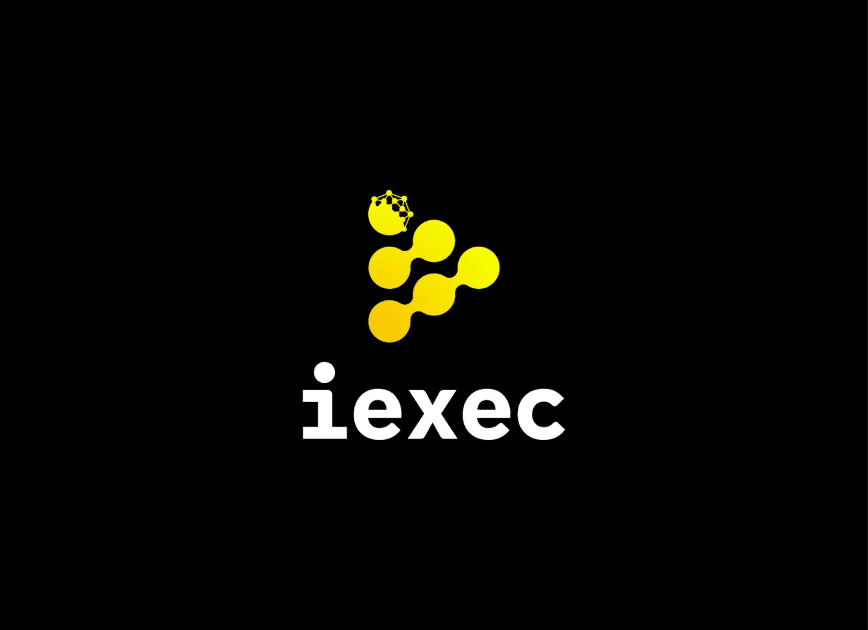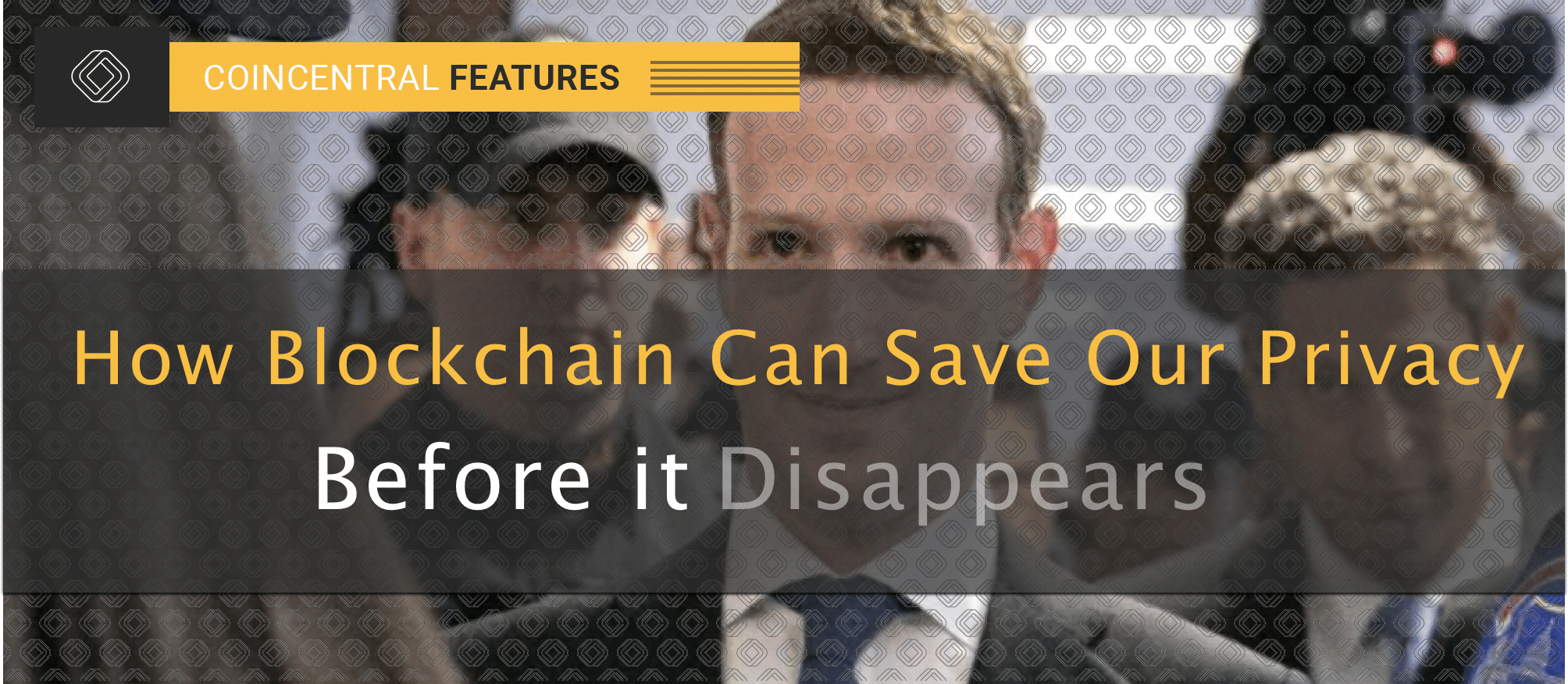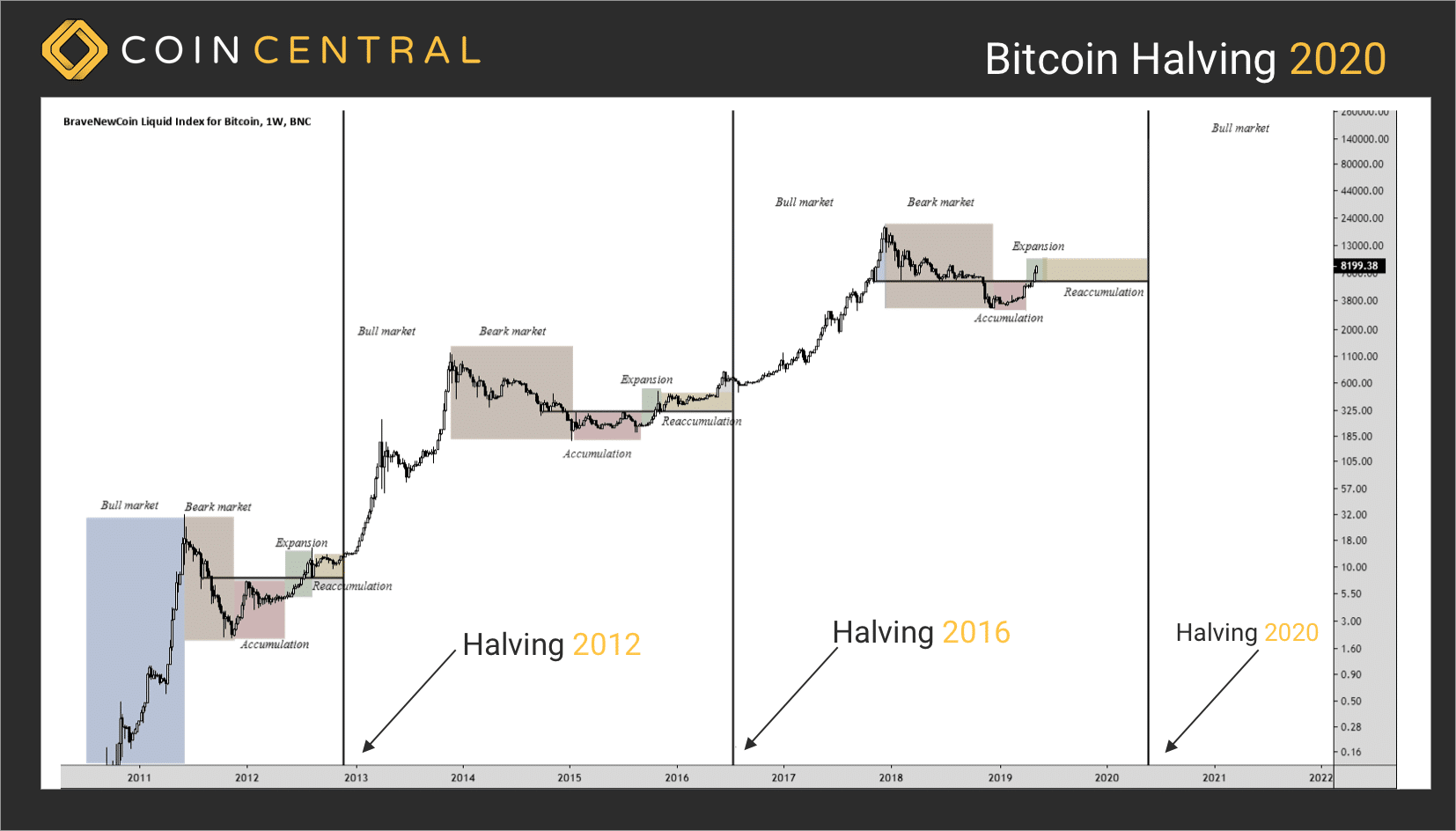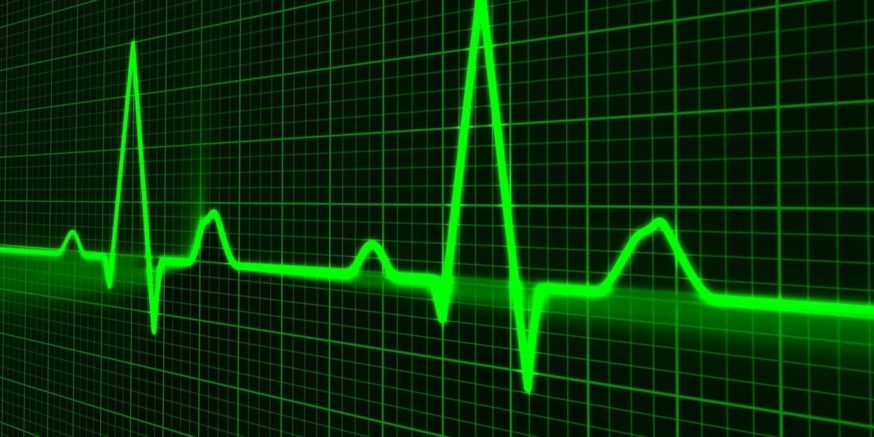- Keeping Healthcare Records Secure
- Improving Efficiency and Communication
- Combating Counterfeit Drugs
- Allowing for Self-Diagnosis
Going to the doctor’s can be a real pain. Unless you’re fortunate enough to live in one of those Scandinavian countries where everything just works, for most of us, a trip to the doctor is a never-ending cycle of bureaucratic misery. Trying to get an appointment, verifying insurance, searching for medical records. If even the thought of it makes your stomach tighten in knots, take heart… Blockchain will revolutionize the medical industry soon enough.
So, sit back and relax. You won’t have to worry about your intimate details circulating around the net, or being hung up on by a sour-faced receptionist ever again. And the safety of the medical devices you use and the drugs you take (assuming they’re legal) will be beyond question.
Because frankly, between data leaks, malpractice, and insurance scandals; if ever there were a broken system screaming to be fixed, it’s healthcare. And while blockchain may not exactly be a superhero descending from the heavens like a lightning bolt to fix the world’s problems; sometimes even the smallest details can make our lives better.
Blockchain may not have a cure for cancer just yet. But it can add a much-needed layer of efficiency, privacy, and security to our lives and just make the whole painful process of going to the doctor’s a little easier to swallow. Let’s take a closer look.
Keeping Healthcare Records Secure
There are several blockchain companies working on solutions to improve the management of private healthcare records. In the same way that your cryptocurrency account uses a public key instead of a name, your medical records can be stored securely, easily accessible to authorized parties.
Dispatch Labs is creating an enterprise-ready blockchain protocol that can store any type of data, no matter the size. CMO Ivan Goldensohn says:
“Our medical system is not just outdated, it’s so large and successful that it has become encrusted and immobile. There is no lightning bolt to fix big pharma or healthcare or medical research, but shared ledger technology provides a natural solution to improve many of its worst problems: lack of transparency, inefficiency, and bureaucracy.”
Blockchain can also keep medical records secure and prevent them from being tampered with. Or as Howard Orloff of Herd Consulting so plainly puts it: “two guys and a lawyer would never be able to walk into a doctor’s office and remove medical files… even on behalf of the President of the United States!”
Shared-ledger technologies like the blockchain can greatly improve the efficiency of many aspects of the medical industry. From record keeping to patient scheduling, ease of transfer of information, and ensuring for things like HIPAA and GDPR compliance.
Embleema, for example, is releasing a HIPAA-compliant blockchain to store EHR/EMR data securely in an environment where the owner (the patient) has complete control over the data. Unlike many blockchain companies, Embleema’s leadership team has more than 100 years of healthcare industry experience. And they found blockchain technology provides the perfect solution to securely storing and accessing medical records and data.
[thrive_leads id=’5219′]
Improving Efficiency and Communication
Praveen Suthrum President and Co-founder of NextServices, a healthcare technology and management company that works with doctors and administrators, says: “The medical industry operates in vast silos. Systems don’t talk to each other. Even though data is digitized with the help of EHRs, systems don’t talk to each other. Data is locked up. Tracking the supply chain of drugs and medical is unknown. Blockchain has the potential to streamline the flow of medical information in a secure manner.”
So, you know when you show up for an appointment with a specialist and have to fill out a new form, provide your details for the fiftieth time, or call your insurance provider and wait on the line to ‘Careless Whisper’ on repeat? Blockchain tech will fix all that, allowing you to just show up and get started.
Your data will be secure and portable between doctors and providers.
Combating Counterfeit Drugs
“Counterfeit drugs kill over a million people a year worldwide,” says Jeff Stollman of RMTM. “By tracking all pharmaceutical transactions on the blockchain, it can be easily determined when a company sells more product than it buys. A company that does this is likely introducing counterfeit or diluted product into the market because there is no other explanation for being able to sell more product than they purchase.”
There are numerous projects underway to develop a solution for this. One Network’s Chain-of-Custody Solution, for example, is designed to secure the medical supply chain and combat counterfeit drugs. The company is also looking to mitigate threats in pharmaceutical authentication and the serialization of medical devices. Using blockchain tech will provide an end to end management system for the entire distribution process.
Allowing for Self-Diagnosis
Finally, blockchain will revolutionize the medical industry by removing the need for doctors completely through self-diagnosis.
OK, maybe not. Unless blockchain really does have superpowers after all, we’ll still need doctors and surgeons for the foreseeable future. In fact, robotics and AI have the upper hand on blockchain when it comes to removing human error during surgical procedures or aiding diagnosis.
But when blockchain and AI team up, interesting things can happen. Aaron Vick is an Advisory Board Member for C3D Medical LLC, a company exploring future research capabilities by creating a consumer-based blockchain for transporting interaction data between providers. He says:
“We will create the first direct to consumer genetic drug interaction test designed to inform individuals of efficacious and ineffective drugs, as well as dangerous interactions.”
Ever googled your symptoms and self-diagnosed with a list of life-threatening conditions? Or checked out the side effects of your medication and given yourself heart palpitations? You won’t have to do that anymore. Blockchain will revolutionize the medical industry, and it’s already begun.
Never Miss Another Opportunity! Get hand selected news & info from our Crypto Experts so you can make educated, informed decisions that directly affect your crypto profits. Subscribe to CoinCentral free newsletter now.










